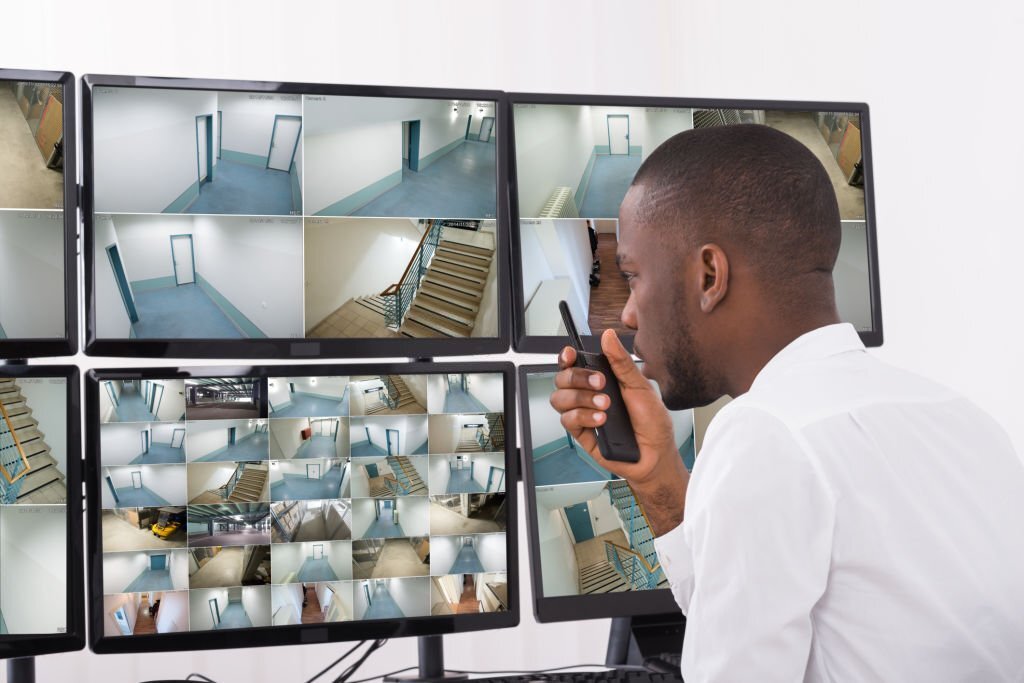What Are Some Of The Ethical And Legal Issues Related To The Use Of Surveillance Equipment In Security Systems?
Introducation:
Surveillance Equipment is an essential component of modern security systems. It allows for the monitoring of various areas to detect any security threats and ensure the safety of individuals and properties. However, the use of surveillance equipment in security systems raises ethical and legal concerns that need to be addressed to ensure that the rights and privacy of individuals are not violated. In this article, we will discuss some of the ethical and legal issues related to the use of surveillance equipment in security systems.
Ethical Issues:
- Invasion of Privacy: One of the primary ethical concerns regarding the use of surveillance equipment in security systems is the potential invasion of privacy. Individuals may feel that their privacy is being violated if they are being watched without their knowledge or consent. This is particularly true if surveillance equipment is used in private areas, such as bathrooms or changing rooms.
- Transparency: Another ethical concern regarding surveillance equipment is transparency. The use of surveillance equipment must be transparent, and individuals must be made aware of when and where they are being monitored. The lack of transparency may lead to a violation of trust between the individuals being monitored and the organizations or authorities using the surveillance equipment.
- Trust and Confidence: The use of surveillance equipment may lead to a lack of trust and confidence between individuals and organizations or authorities using the equipment. This may be due to concerns about the misuse or abuse of the surveillance equipment, leading to a loss of confidence in those responsible for maintaining security.

- Employee Monitoring: Surveillance equipment can be used to monitor employees in the workplace. This raises ethical concerns regarding the invasion of employees’ privacy, as well as the potential for discrimination or harassment based on the information collected.
- Discrimination and Bias: Surveillance equipment may be used to discriminate against certain individuals based on their race, gender, sexual orientation, or other characteristics. This can lead to the unfair treatment of individuals and the perpetuation of biases.
Legal Issues:
- Laws and Regulations: The use of Surveillance Equipment is subject to various laws and regulations, including privacy laws, data protection laws, and labor laws. Organizations and authorities must ensure that they comply with these laws and regulations to avoid legal repercussions.
- Data Collection and Storage: Surveillance equipment collects data that may be sensitive, such as personal information, images, and video recordings. The collection, storage, and use of this data must comply with applicable laws and regulations to protect the privacy of individuals.
- Access to Data: Access to data collected by surveillance equipment must be restricted to authorized personnel and used only for legitimate purposes. Unauthorized access to this data can lead to privacy violations and legal repercussions.
- Consent: In some cases, individuals may need to give their consent for the use of surveillance equipment. For example, in the workplace, employees may need to give their consent for their activities to be monitored. Failure to obtain consent may result in legal repercussions.
- Use of Data: The data collected by surveillance equipment must be used only for legitimate purposes. The use of this data for other purposes, such as discrimination or harassment, can result in legal repercussions.
Conclusion:
The use of Surveillance Equipment Security Systems raises ethical and legal concerns that need to be addressed to ensure the protection of individuals’ rights and privacy. Organizations and authorities must ensure that the use of surveillance equipment complies with applicable laws and regulations and is transparent to individuals being monitored. The use of surveillance equipment must be justified, and the data collected must be used only for legitimate purposes. By addressing these ethical and legal concerns, we can ensure that the use of surveillance equipment is effective in maintaining security while protecting individuals’ rights and privacy.


Comments are closed.